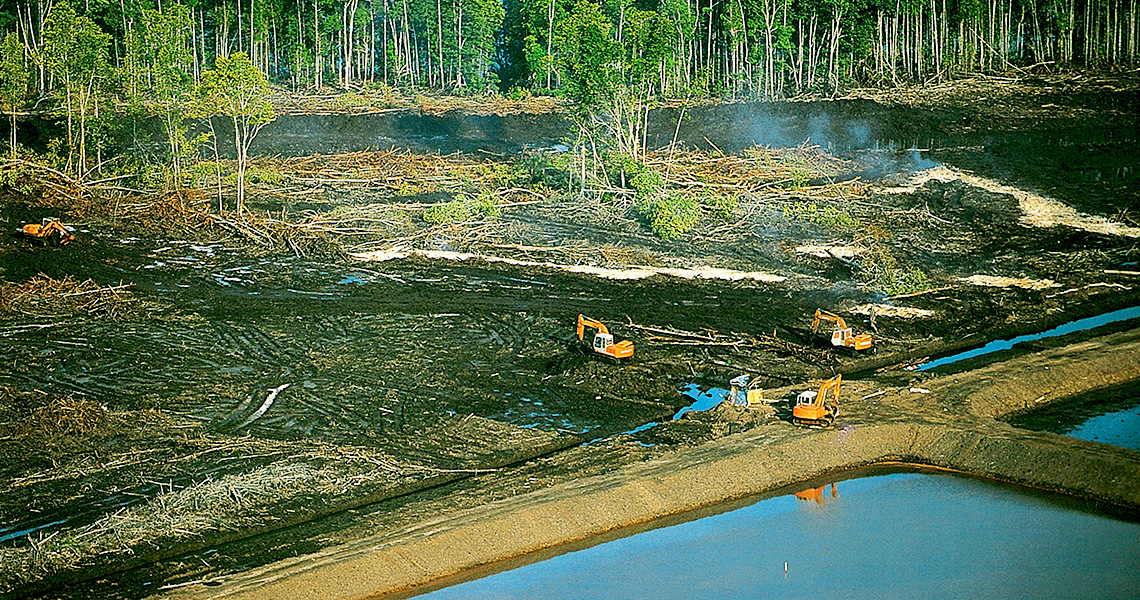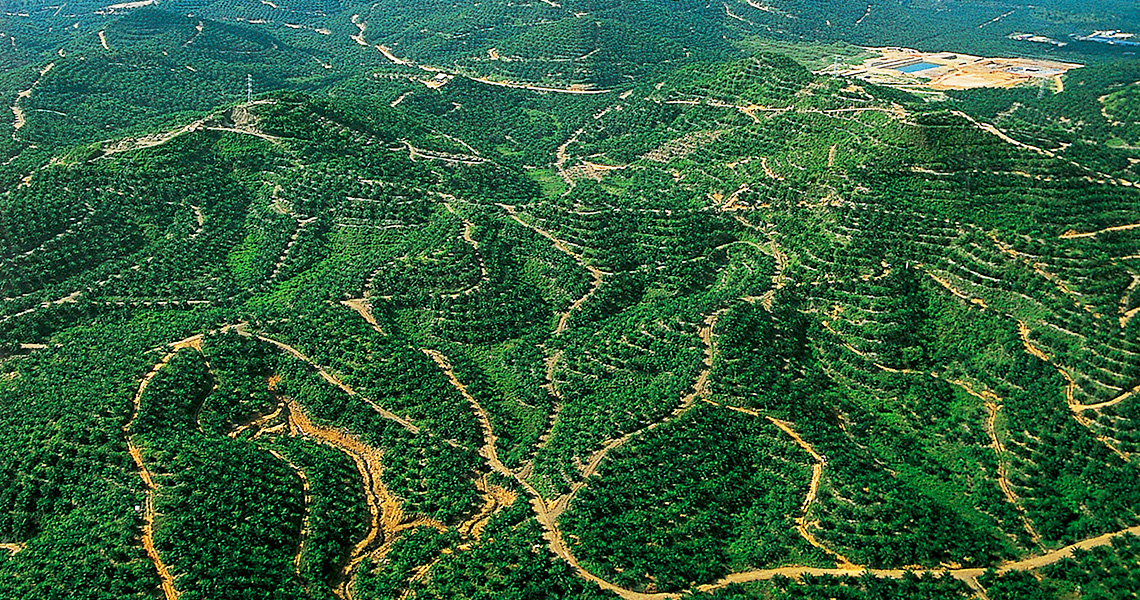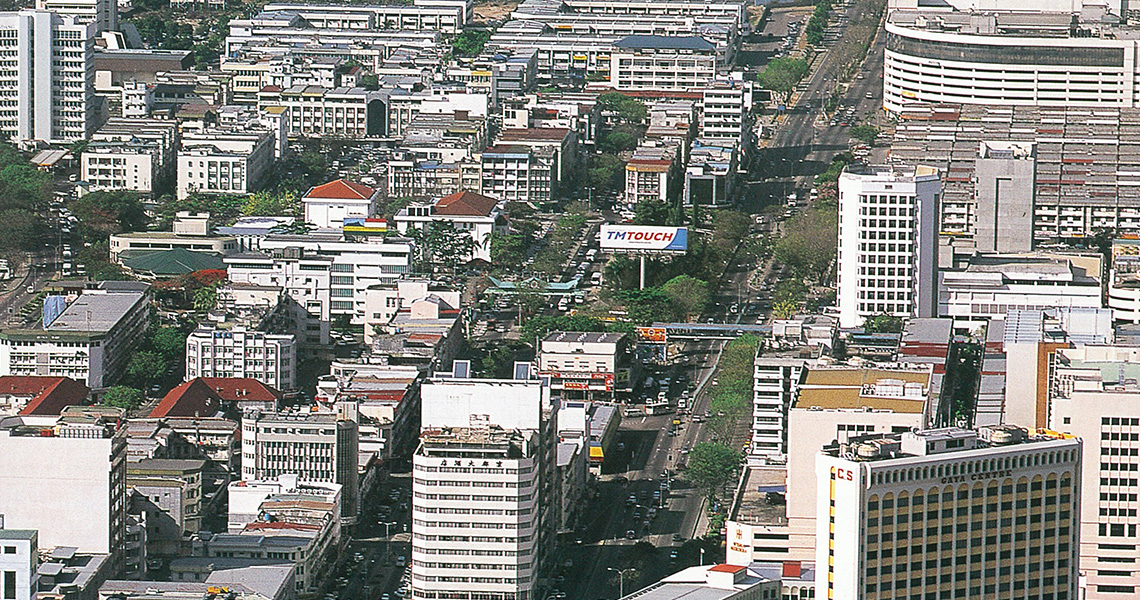Environmental Management in Sabah
Both state and federal environmental laws applied based on areas of jurisdiction as stipulated under the Environment Protection Enactment 2002 by the Environment Protection Department and the Environmental Quality Act 1974 by the Federal Department of Environment.



IN THE PAST, THE IMPACT OF HUMAN ACTIVITIES ON THE ENVIRONMENT IN SABAH WERE LIMITED AND TO A LARGE EXTENT PASSED UNNOTICED.
THE CORE SEQUENCE
However, at the turn of the 20th Century, Sabah has experienced rapid and dynamic socio-economic development in which the environmental consequences are more apparent. Although this process is almost unavoidable, the scale of the environmental impacts can be managed through the application of sound environmental management tools within the context of sustainable development. Important decisions as well as the application of technological advancement will be required to manage the impacts of urbanisation and industrialisation, and the increasing number of people.
THE ENVIRONMENT PROTECTION DEPARTMENT PLAYS A MAJOR ROLE
The Environment Protection Department plays a major role in ensuring that environmental dimension is adequately incorporated into the planning, implementation and control of development activities and the exploitation of natural resources. The department also performs a coordinating role in addressing sectoral environmental issues and problems in the state through a concerted and integrated strategic approach as well as through the fostering of a conducive network for interdepartmental cooperation and smart partnership.
THE ENVIRONMENT PTOTECTION DEPARTMENT AND THE ENVIRONMENTAL QUALITY ACT 1974
To manage the environment in Sabah, both state and federal environmental laws applied based on areas of jurisdiction as stipulated under the Environment Protection Enactment 2002 by the Environment Protection Department and the Environmental Quality Act 1974 by the Federal Department of Environment. Under the Environment Protection Enactment 2002, “environment” refers to the external physical surroundings and conditions influencing development and growth of people, animals or plants and includes social, living or working conditions; all natural and physical resources; ecosystems and their constituent parts including people and communities; and amenity, aesthetic and cultural values.
THE AREAS AND CATEGORIES OF ACTIVITIES THAT COME UNDER THE JURISDICTION OF EPD:
-
- Agricultural development
- Forestry
- Development of commercial, industrial and housing estates
- Drainage and irrigation
- Land Reclamation
- Fisheries and aquaculture
- Power generation (construction of dams and hydro-electric power schemes)
- Quarrying
- Resort and recreational development
-
Water supply
-
Any other activities, which may damage or have an adverse impact on quality of environment or natural resources of the State.
- Agricultural development
THE AREAS AND CATEGORIES OF ACTIVITIES UNDER THE JURISDICTION OF THE FEDERAL DEPARTMENT OF ENVIRONMENT:
-
- Industries (Chemical & Petrochemicals, Non-ferrous, Non-metallic, Iron & Steel, Shipyards, Pulp and Paper industry)
- Infrastructure (Constructions of Hospitals, Expressways & National highways, New townships)
- Construction of Ports
- Petroleum
- Power Generation and Transmission (steam generated, combined cycle and nuclear-fuelled power stations,
- Construction of Railways
- Construction of mass rapid transport projects
- Waste Treatment and Disposal (Toxic & hazardous waste, Municipal solid waste & sewage)
- Industries (Chemical & Petrochemicals, Non-ferrous, Non-metallic, Iron & Steel, Shipyards, Pulp and Paper industry)
OTHER GOVERNMENT DEPARTMENTS / AGENCIES BASED ON THEIR SECTORAL RESPONSIBILITIES

Forestry Department
Forest Enactment 1968
To effectively and efficiently plan and implement the management of the State’s forest resources in accordance with the principles of sustainable forest management.

Sabah Parks
Parks Enactment 1984
To preserve areas in Sabah that contain outstanding natural values as a heritage for the benefit of the people, now and in the future.

Wildlife Department
Wildlife Enactment 1997
State that people living in harmony with nature and that they would defend the wealth of natural heritage, which is entrusted to them for generations to come.

Drainage and Irrigation Department
Water Resources Enactment 1998
Ke arah kecemerlangan dalam perancangan, pembangunan dan pengurusan sumber air untuk pertumbuhan yang mampan dalam pertanian dan sosio-ekonomi selaras dengan wawasan negara.

Town & Regional Planning Department
Town and Country Planning Ordinance (Cap. 141)
Sebagai peneraju perancangan bandar dan desa untuk pembangunan tanah yang teratur, progresif dan mampan di seluruh Sabah termasuk kawasan perairannya.

Land and Survey Department
Land Ordinance (Cap.68)
To provide excellent services through modern mangement of land and survey matters with the use of latest technology and the employment of human resources who are progressive, dynamic and of high integrity.

Natural Resources Office
Sabah Biodiversity Enactment 2000
Chief’s Minister department of Sabah.

Drainage and Irrigation Department
Water Resources Enactment 1998
The basis of this structure is the Local Government Ordinance 1961.

Fisheries Department
Sabah Inland Fisheries and Aquaculture Enactment 2003
To be recognised as the leader in the State of Sabah in the management of sustainable fisheries, aquaculture and the aquatic environment.
THE MAIN CHALLENGES IN MANAGING THE ENVIRONMENT IN SABAH
- To strictly enforce and implement environmental policies, regulations, guidelines and action plans;
- To establish and enlarge the network of protected areas for maintenance of environmental quality and stability, and biodiversity conservation;
- To apply the various environmental planning tools which include regional planning and EIA in order to integrate environmental factors into development planning and implementation;
- To apply clean technologies and economic instruments to produce ‘green’ products and manage waste efficiently; and
- To continue to undertake environmental education programmes and activities to enhance environmental awareness among the general public on the importance of protection and conservation of the environment for quality living
There is a great need for all stakeholders to work together namely the public and private sectors, business community, non-governmental organisations, academic institutions, civil society and the public at large.
